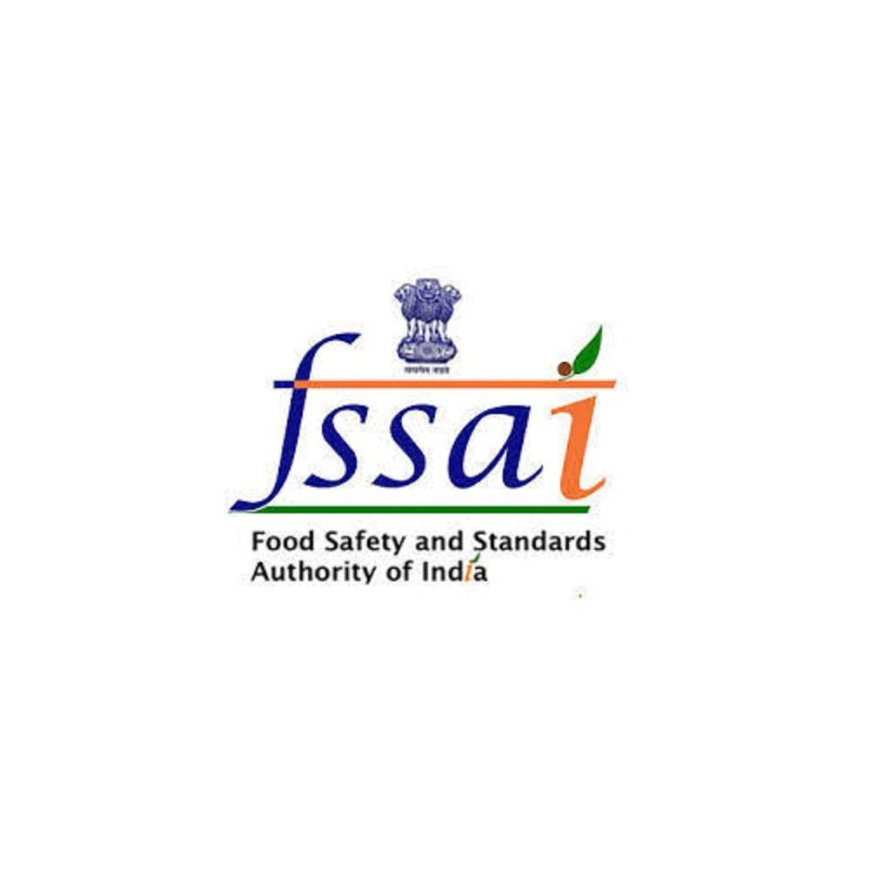FSSAI License: The Ultimate Guide for Food Industry Professionals
This guide covers everything you need to know about FSSAI license registration, and verification to help your business thrive.

In the food industry, ensuring compliance with regulatory standards is paramount. One of the most critical requirements for food businesses in India is obtaining an FSSAI license. This guide covers everything you need to know about FSSAI license registration, and verification to help your business thrive.
What is an FSSAI License?
The Food Safety and Standards Authority of India (FSSAI) is a government body responsible for ensuring food safety and promoting public health. An FSSAI license is a mandatory certification for any food business operator (FBO) in India. It guarantees that the food products meet standard quality benchmarks, ensuring the health and safety of consumers.
Types of FSSAI Licenses
-
Basic FSSAI Registration: For small businesses and startups with an annual turnover below Rs. 12 lakh.
-
State FSSAI License: For medium-sized businesses with an annual turnover between Rs. 12 lakh and Rs. 20 crore.
-
Central FSSAI License: For large-scale businesses with an annual turnover exceeding Rs. 20 crore or involved in inter-state trade.
Why Do You Need an FSSAI License?
An FSSAI license is more than just a legal mandate; it’s a mark of trust for consumers. Here’s why obtaining one is crucial:
-
Compliance with Laws: Avoid penalties and legal issues by adhering to food safety regulations.
-
Consumer Trust: Builds confidence in your brand by ensuring quality and safety.
-
Market Access: Essential for exporting food products or expanding your business.
Steps to Obtain an FSSAI License
Getting an FSSAI license involves a systematic process. Here’s how to go about it:
Step 1: Determine the Type of License
Identify whether your business needs basic registration, a state license, or a central license based on turnover and scale.
Step 2: Prepare Required Documents
-
Identity proof and address proof of the proprietor
-
Business registration certificate
-
Food safety management system plan
-
List of food products to be handled
Step 3: Submit Application Online
Visit the FSSAI’s official website and complete the application form. Upload the necessary documents and pay the applicable fees.
Step 4: Inspection and Approval
Once submitted, the FSSAI may conduct a site inspection to verify compliance. Upon successful verification, your license will be issued.
FSSAI Registration vs. FSSAI License
While the terms are often used interchangeably, there’s a distinction:
-
FSSAI Registration: For smaller businesses with limited turnover.
-
FSSAI License: Required for medium and large-scale businesses.
Understanding the difference ensures you apply for the correct certification based on your business needs.
Importance of FSSAI Verification
FSSAI verification is a crucial step to ensure that the details provided during application are accurate. Regular verification also ensures compliance with food safety standards over time. Non-compliance may lead to license suspension or cancellation.
How to Conduct FSSAI Verification
-
Check your FSSAI license number on the official website.
-
Ensure that your business adheres to the guidelines specified during application.
-
Periodically review updates to food safety regulations.
Conclusion
Securing an FSSAI license, conducting proper registration, and ensuring verification are indispensable for any food business in India. These steps not only ensure compliance with the law but also foster trust among consumers, paving the way for business growth.
Make sure your business stands out in the competitive food industry by prioritizing food safety and quality through FSSAI compliance.
